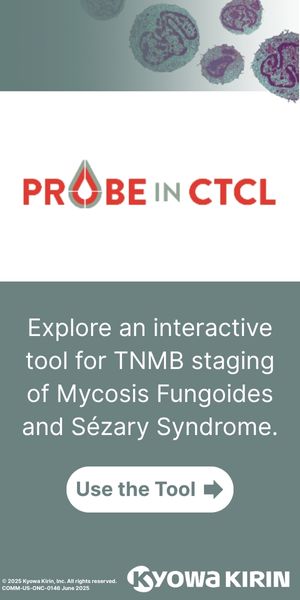Ann Leon, PharmD, Global Medical Affairs Leader of Benign Hematology at Johnson & Johnson, discusses the unmet needs of patients with warm autoimmune hemolytic anemia (wAIHA).
wAIHA is a rare hematologic condition characterized by the immune system making antibodies that attack red blood cells. This causes a drop in the number of red blood cells, leading to hemolytic anemia. Symptoms may include unusual weakness and fatigue with tachycardia and breathing difficulties, jaundice, dark urine and/or splenomegaly. The cause of wAIHA is unknown. There are currently no FDA approved therapies indicated for wAIHA.
Recent data presented at the 2025 European Hematology Association meeting highlighted unmet needs in the wAIHA patient population. A study looking at mortality in patients with wAIHA found that all-cause mortality for patients with primary and secondary wAIHA was significantly increased compared to the general population, especially in younger patients. This, along with associated comorbidities and treatment complications, gives insight into the need for safer treatments with higher efficacies.
Another study looked at the outcomes reported in several studies, cases, and reviews in patients with wAIHA. Through a systemic literature review, it was observed that such studies had a wide range of outcomes, significant heterogeneity across studies, and a lack of standardized definitions. The results from this review highlight the need for greater consistency in clinical studies to enhance relevance, comparability, and robustness. A need for more attention to patient reported outcome measures was also observed.
Finally, a population-based study was conducted investigating the incidence, prevalence, clinical characteristics, and treatment patterns of wAIHA in Taiwan. Results from this study showed significant unmet medical needs in the management of the disease.
For more information, visit the EHA library at Poster Abstracts #PF1206, #PF1208 and #PS2195.
To learn more about wAIHA and other rare hematologic conditions, visit https://checkrare.com/diseases/hematologic-disorders/

